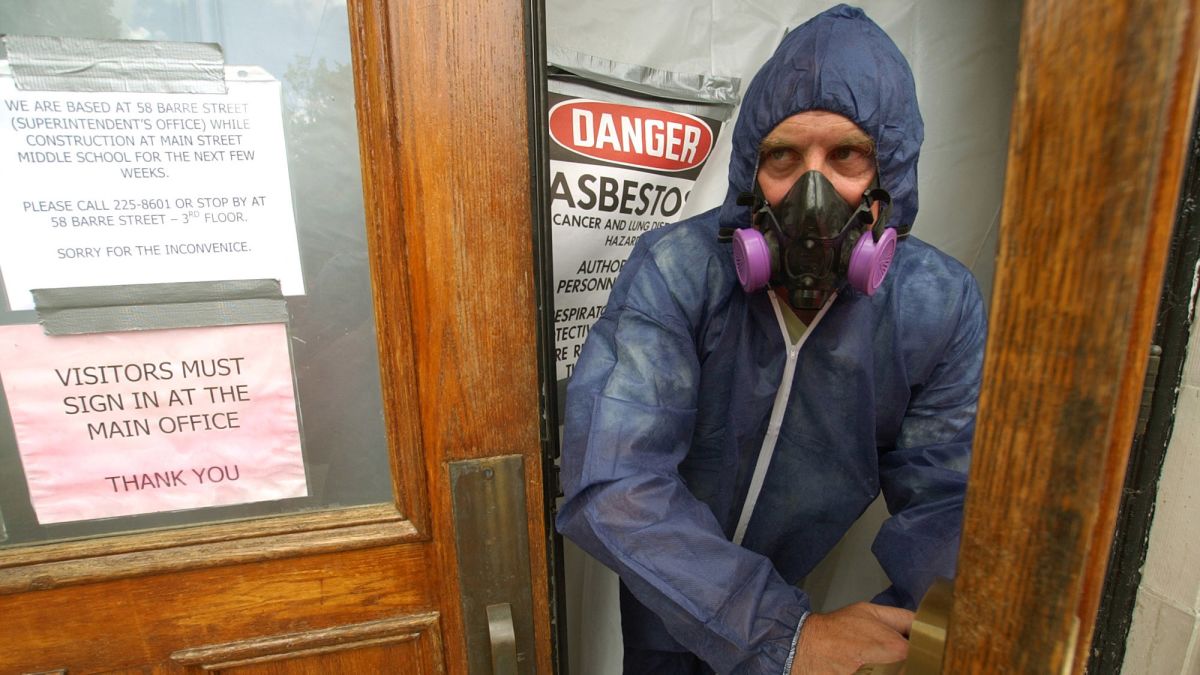Asbestos is a mineral that was once widely used in construction and manufacturing due to its fire-resistant properties. However, it was later discovered that exposure to asbestos fibers can lead to serious health problems such as lung cancer, mesothelioma, and asbestosis. While it is well-known that exposure to asbestos can be harmful, there is still much to be learned about the link between asbestos and genetics.
Asbestos is a mineral fiber that was commonly used in building materials until its health hazards became widely known. Exposure to asbestos has been linked to lung cancer, mesothelioma, and other respiratory diseases. However, not everyone who is exposed to asbestos develops these conditions, and it is believed that genetics may play a role in determining an individual’s susceptibility. Several genetic factors have been identified that may increase the risk of developing asbestos-related diseases, such as variations in genes involved in DNA repair, inflammation, and oxidative stress. In this article, we will explore whether some people are more susceptible to the harmful effects of asbestos due to their genetic makeup.
What is Asbestos?
Asbestos is a naturally occurring mineral that was once used in many building materials and industrial products due to its fire-resistant properties. Asbestos fibers are strong, flexible, and resistant to heat and chemicals. For these reasons, asbestos was used in a variety of products, including insulation, roofing materials, flooring, and cement.
The Health Risks of Asbestos Exposure
Exposure to asbestos can lead to serious health problems such as lung cancer, mesothelioma, and asbestosis. When asbestos fibers are inhaled or ingested, they can become lodged in the lungs or other organs, causing inflammation and scarring. Over time, this can lead to the development of cancer or other respiratory diseases.
Asbestos and Genetics
There is still much to be learned about the link between asbestos and genetics. However, some studies have suggested that certain genetic factors may make some people more susceptible to the harmful effects of asbestos exposure.
One study published in the American Journal of Respiratory and Critical Care Medicine found that individuals with a specific genetic mutation were more likely to develop asbestosis after exposure to asbestos. The study also found that these individuals were more likely to develop the condition at a younger age and with lower levels of asbestos exposure.
Another study published in the Journal of Occupational and Environmental Medicine found that genetic variations may play a role in the development of mesothelioma in individuals with a history of asbestos exposure.
While these studies suggest that genetic factors may play a role in the development of asbestos-related diseases, more research is needed to fully understand the link between asbestos and genetics.
Reducing Your Risk of Asbestos Exposure
If you are concerned about asbestos exposure, there are several steps you can take to reduce your risk:
- Identify any potential sources of asbestos in your home or workplace.
- Do not disturb asbestos-containing materials, as this can release asbestos fibers into the air.
- Hire a licensed professional to remove any asbestos-containing materials from your home or workplace.
- Wear protective equipment such as a respirator when working in areas where asbestos may be present.
- Follow proper safety procedures when working with asbestos-containing materials.
Conclusion
While more research is needed to fully understand the link between asbestos and genetics, it is clear that exposure to asbestos can lead to serious health problems such as lung cancer, mesothelioma, and asbestosis. If you are concerned about asbestos exposure, it is important to take steps to reduce your risk and protect your health.





Leave a Reply